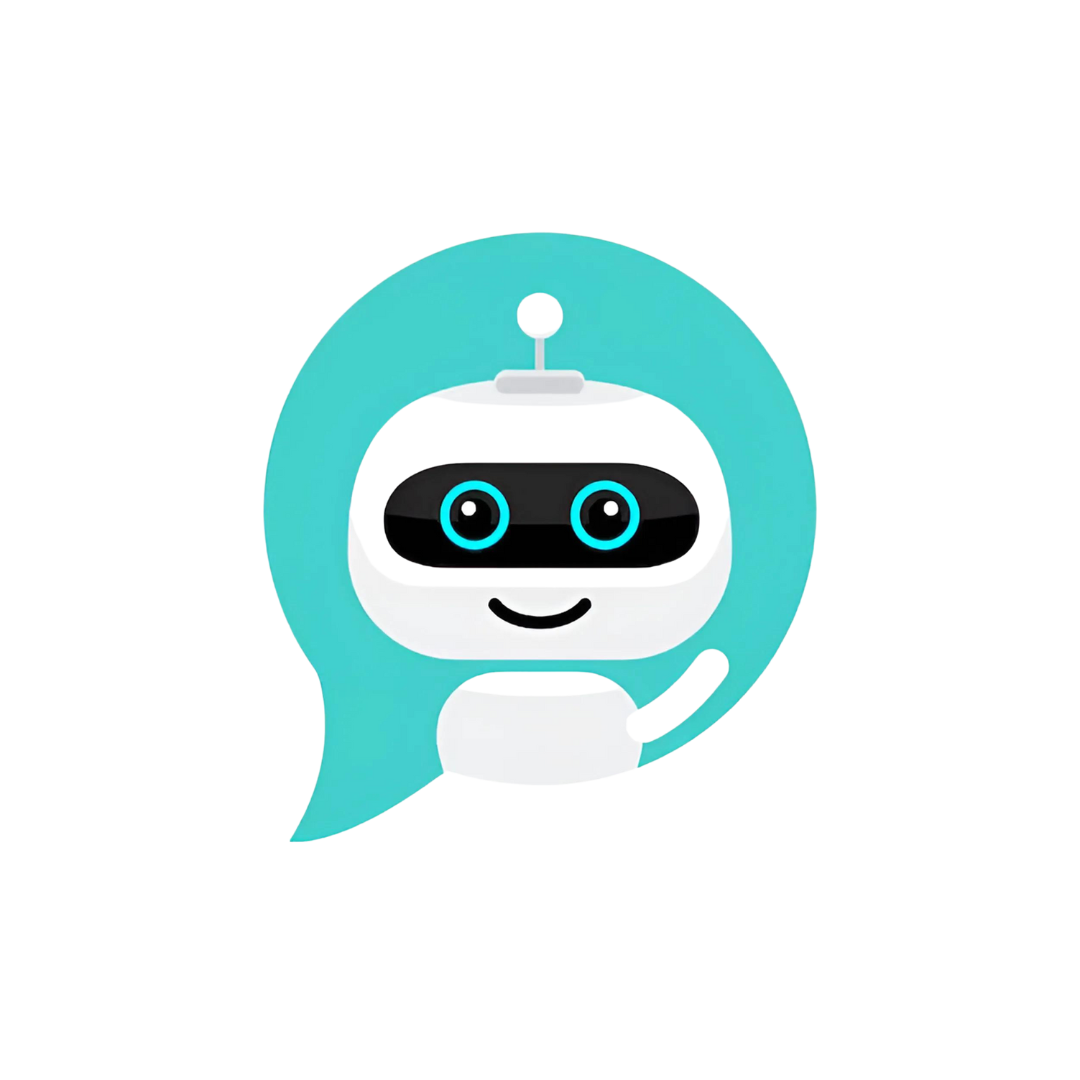Node JS Web Developer
Home > Training Programs > Node JS Web Developer
The Node JS Web Developer Training Program
Building a strong foundation for beginners and experienced programmers
In this comprehensive Node.js web developer program, students will learn the fundamental concepts of Node.js and JavaScript (ES6) programming, as well as the key frameworks and modules used in modern web development. The program covers topics such as file system and streams, creating a server without a framework, MVC architecture, RESTful API development, and database integration with MongoDB. Students will also learn about authentication and authorization, deployment, and scaling for Node.js applications.
Throughout the program, students will gain practical experience through several hands-on projects, applying the concepts learned in each module. By the end of the program, students will be able to build robust web applications using Node.js, with a solid understanding of the fundamental principles of web development, as well as the ability to design and implement RESTful APIs and MVC architectures with MongoDB integration. They will also be equipped with the necessary skills to deploy and scale their applications in a production environment.






Program Objectives
- Understand the architecture and core concepts of Node.js and its ecosystem.
- Gain a strong foundation in JavaScript (ES6) programming, including asynchronous programming, error handling, and functional programming.
- Understand the file system and streams modules in Node.js and their use cases.
- Learn how to create a basic server without a framework and handle HTTP requests and responses.
- Understand the Model-View-Controller (MVC) pattern and how to implement it in a Node.js application.
- Gain experience building RESTful APIs with Node.js and Express, handling HTTP requests and responses for RESTful APIs, and using middleware for RESTful API development.
- Learn how to integrate a MongoDB database with Node.js, including connecting to the database, querying data, and using Mongoose for object data modeling.
- Gain experience implementing user authentication and authorization in a Node.js application using OAuth 2.0 and JSON Web Tokens (JWTs).
- Learn how to deploy a Node.js application to a production environment and scale it with containerization and Kubernetes.
- Gain experience with performance optimization and monitoring for Node.js applications.
Program Outline
Below is the high-level outline of the Node JS Web Developer Training Program
- Overview of Node.js and its architecture
- Setting up the development environment
- Introduction to web development with Node.js
- Creating and running a basic Node.js application
- Understanding modules and NPM
- Asynchronous programming with callbacks, promises, and async/await
- Introduction to JavaScript (ES6) syntax and features
- Asynchronous programming with callbacks, promises, and async/await
- Error handling and debugging
- Functional programming with JavaScript
- Working with the file system module in Node.js
- Understanding streams and their use cases
- Reading and writing files with streams
- Implementing file system operations in a Node.js application
- Introduction to web development
- Client-server architecture and HTTP protocol
- HTML, CSS, and JavaScript basics
- Web development frameworks and libraries
- Setting up a local development environment
- Creating a basic web server without a framework
- Handling HTTP requests and responses
- Routing and serving static files
- Implementing middleware in a Node.js server
- Introduction to the Express.js framework and its features
- Creating an Express application
- Routing with Express
- Handling middleware with Express
- Understanding the Model-View-Controller (MVC) pattern
- Implementing the MVC pattern in a Node.js application
- Separation of concerns and modularization
- Creating a robust MVC architecture with Node.js
- Understanding RESTful API principles
- Building RESTful APIs with Node.js and Express
- Handling HTTP requests and responses for RESTful APIs
- Using middleware for RESTful API development
- Introduction to MongoDB and its features
- Connecting to MongoDB with Node.js
- Querying data with MongoDB
- Using Mongoose for object data modeling
- Implementing user authentication and authorization in a Node.js application
- Understanding the OAuth 2.0 authentication framework
- Using JSON Web Tokens (JWTs) for secure user authentication
- Deploying a Node.js application to a production environment
- Understanding containerization with Docker
- Scaling a Node.js application with Kubernetes
- Performance optimization and monitoring for Node.js applications





Training Methodology
This program follows Aitrich Training Methodology(ATM), which is designed to provide a real-life software engineering experience to the students.
ATM is a specialized learning methodology that follows standard software engineering principles and practices as part of the whole learning process. It is based on a project-based, team-oriented, and instructor-led approach that emphasizes collaboration, problem-solving, and continuous improvement.
The entire program is designed around a software project that develops a real-life application and the whole batch of students are organized as the team members who develop the system. The team will follow agile methodologies such as SCRUM, and software engineering principles and practices as part of their daily tasks. As the program progresses towards the end, the project will be fully developed by the team members.
At the end of the program, the students will have all the skills of an experienced software engineer who can undertake serious software projects with a sense of ownership.
What other essential skills you earn from this program
Beyond Node JS Web Development
Since this training program is following Aitrich Training Methodology, this program will have the following salient features, besides the technical topics covered:
The Training Program is conducted as a project-based training program, allowing participants to apply what they have learned through hands-on experience with real-world projects. Participants will develop an end-to-end software project using all the topics they’re learning in the training incrementally, throughout the course of the program. This will provide the participants with all the skills required to become confident Java Developers who can join any professional software team.
The training program follows Agile development methodologies and uses SCRUM for project management and Kanban for tracking progress. This allows the participants to experience and practice professional software engineering disciplines and practices in the real world.
The training program is designed to foster teamwork, collaboration, and communication among participants, mirroring real-world team environments. The roles and responsibilities they handle on a daily basis as part of the learning and project development will make them natural teamsters and often leaders.
The training program emphasizes the use of Extreme Programming (XP) practices such as Test-Driven Development (TDD), Pair Programming, and Continuous Integration and Delivery.
The training program covers the principles and practices of Domain-Driven Design (DDD), an approach to software development that focuses on the core domain and business logic of the application.
The training program covers the use of Unified Modeling Language (UML) and other tools for architecture and system design, helping participants develop a deeper understanding of how to design and develop high-quality, scalable software systems.
The training program leverages the power of professional software development tools such as Git for Source Control, Trello for Task Management and Jira for Issue Tracking. This will allow the students to get familiar with these essential tools for standard software engineering in professional organizations.





pre-requisites & program duration
The participants are expected to have a good understanding of web development concepts and web technologies such as HTML, CSS, and JavaScript.
It is also recommended to have(though not mandatory) a basic understanding of programming concepts such as variables, data types, control structures, and functions.
Program Duration : 2 Months
Program Duration : 5 Months
Certification
TO DO !



Ready To Kickstart Your Tech Career?
we will contact you back within 24hrs via email.
Students testimonial
Discover the Inside Scoop
-Hear From Students Themselves






Similar Training Programs

Enterprise Java Developer
Enterprise Java Developer is a comprehensive course that covers Java enterprise development concepts and technologies. It is designed to equip learners with the necessary skills and knowledge to develop enterprise-level Java applications.

Java Cloud Native Developer
Java Cloud Native Developer course is designed to teach developers how to build cloud-native applications using Java programming language and modern cloud-native technologies such as containers, Kubernetes, and microservices architecture.




